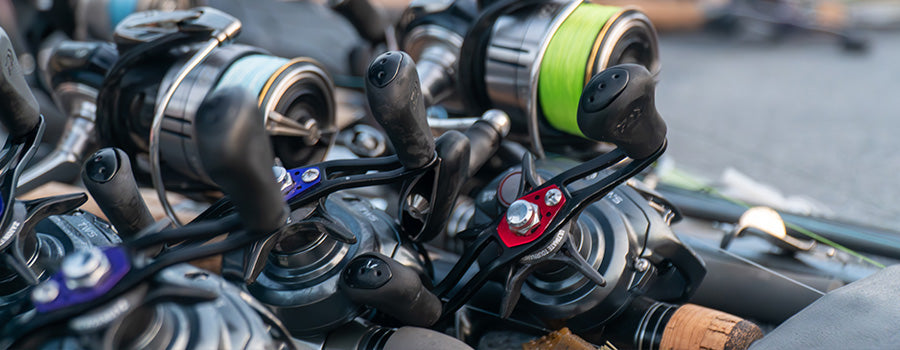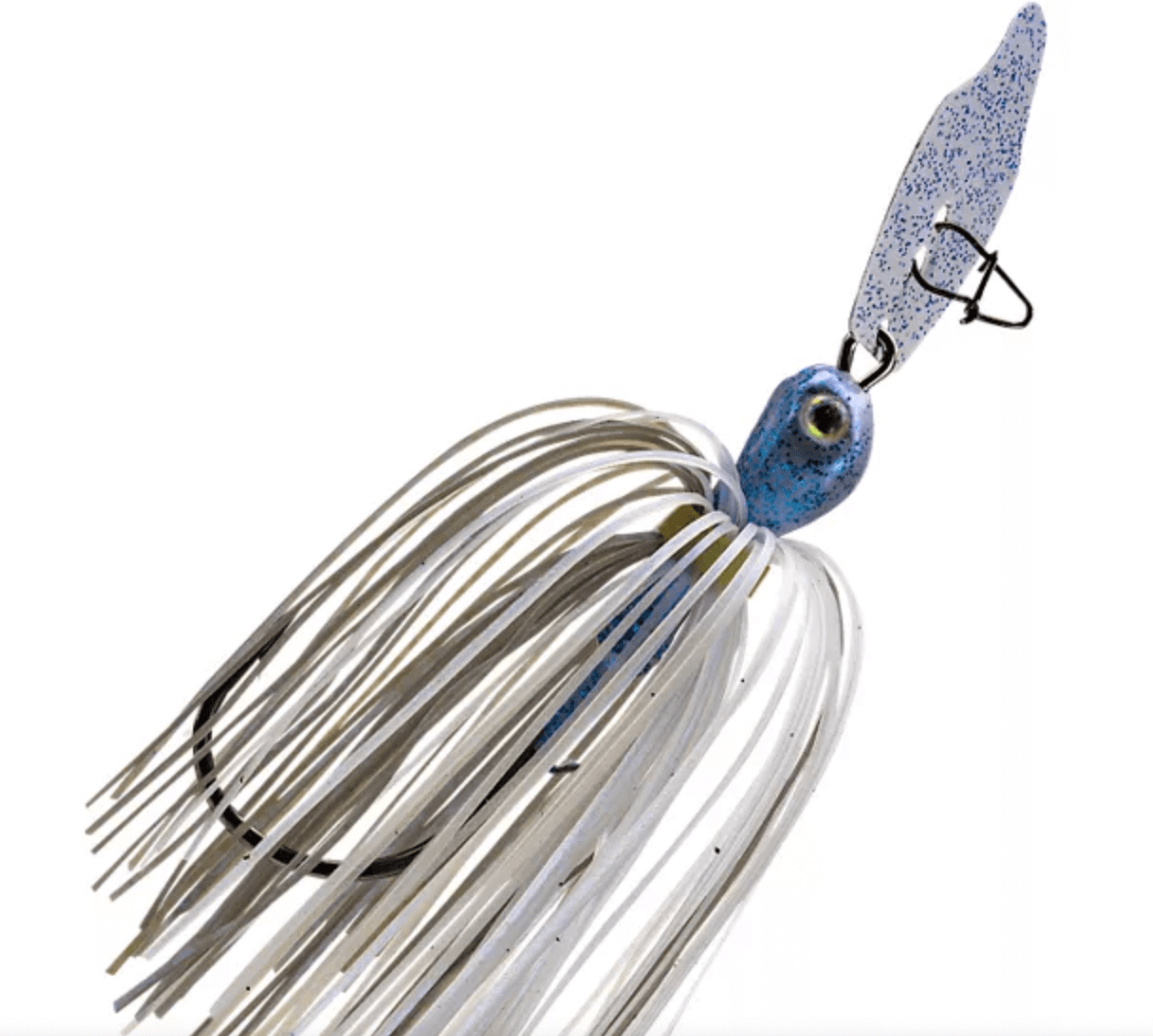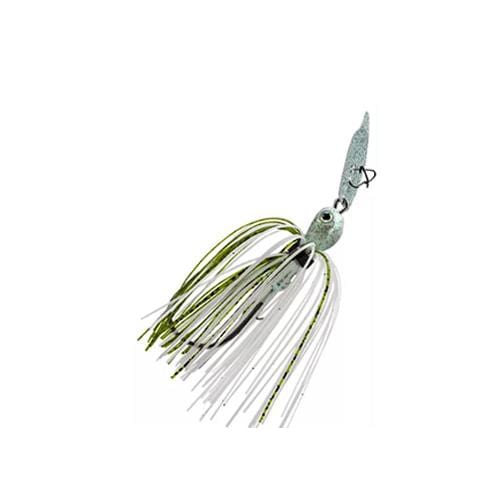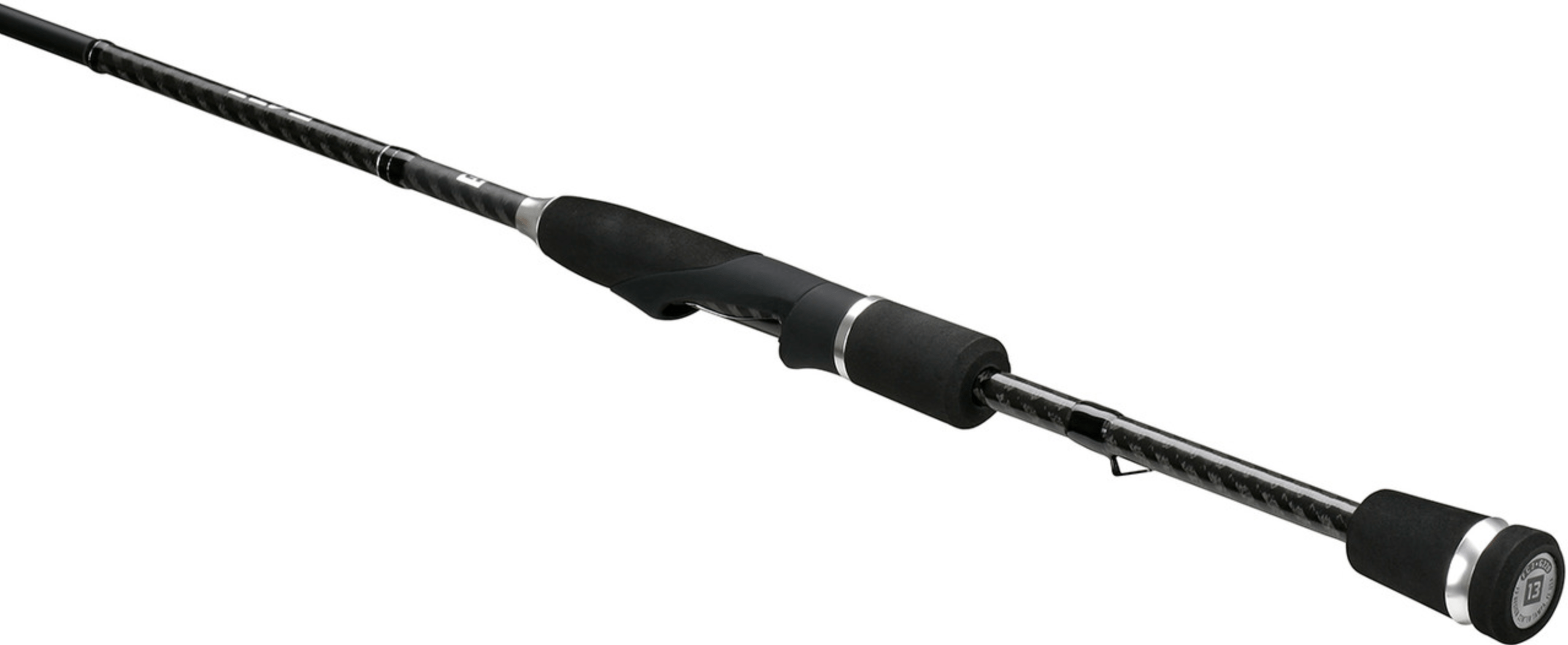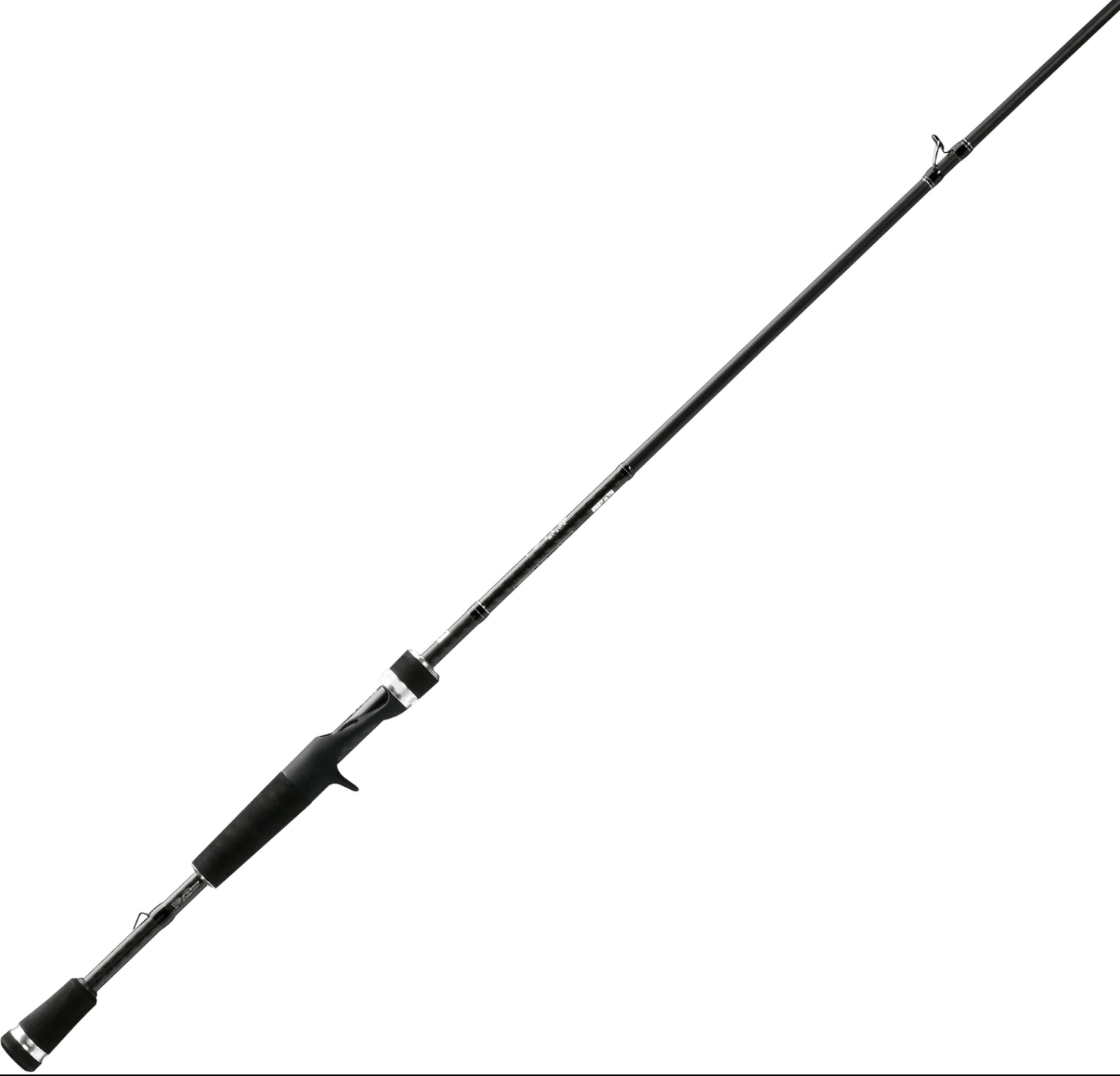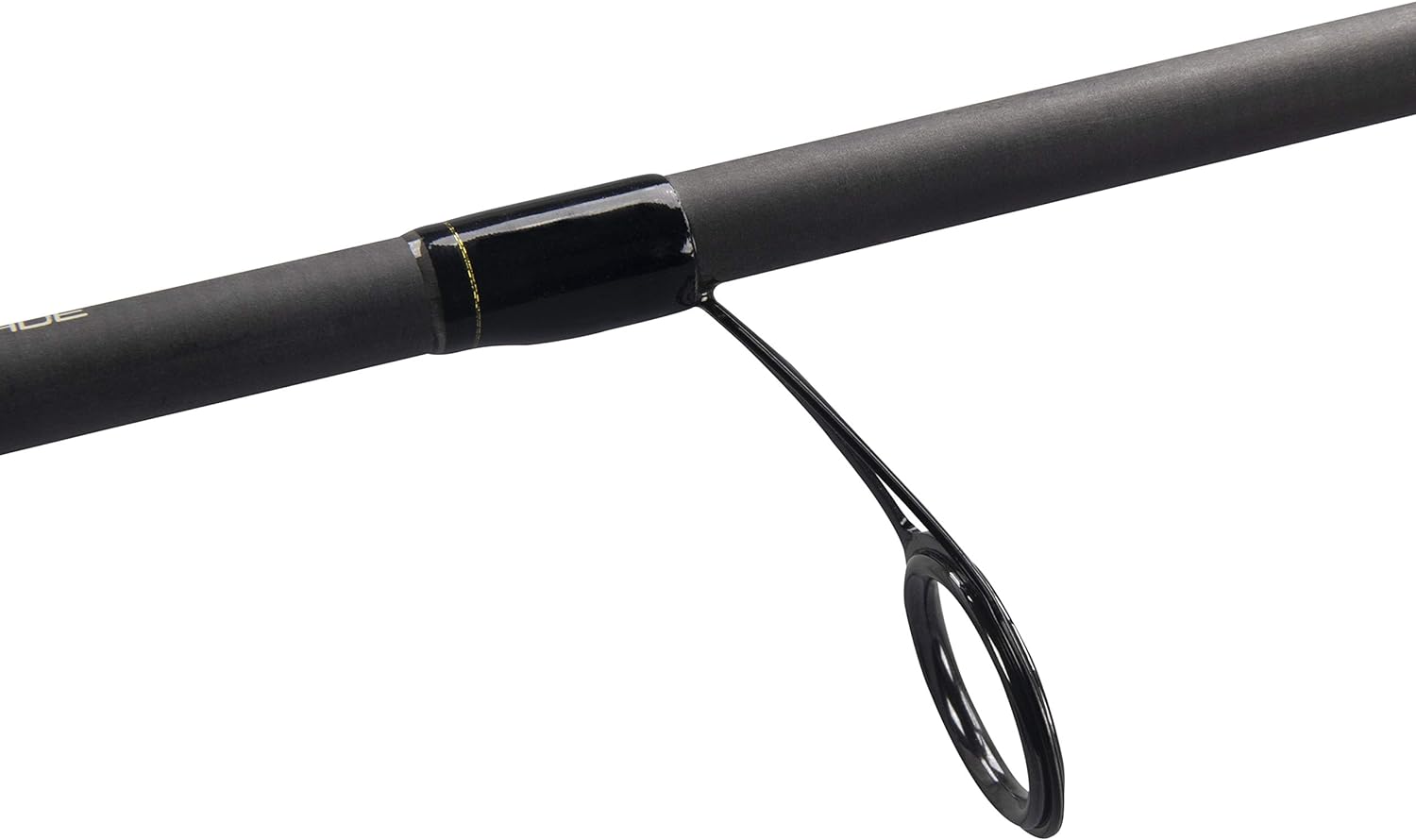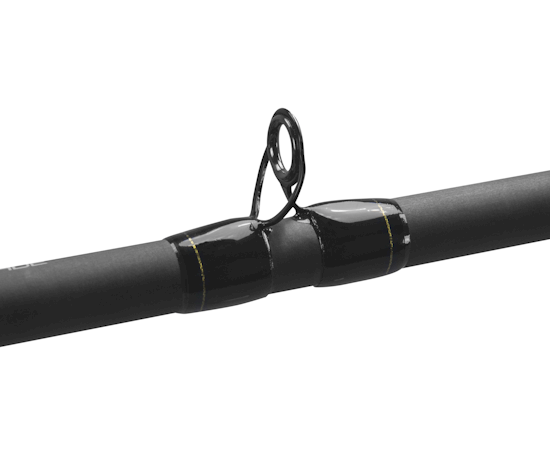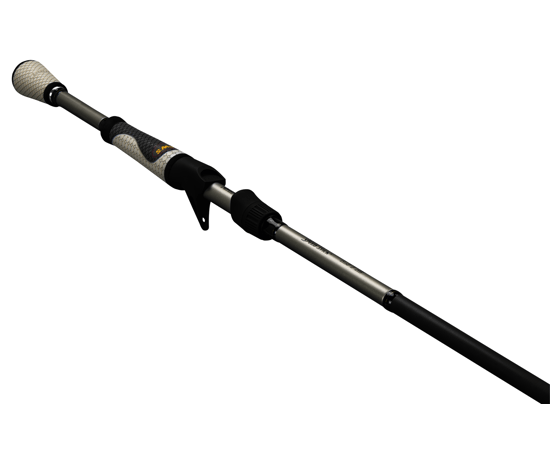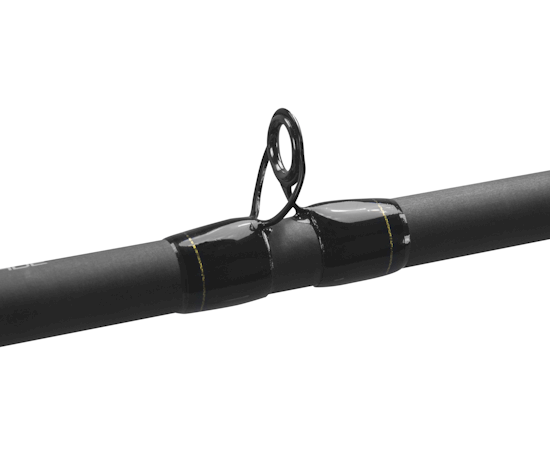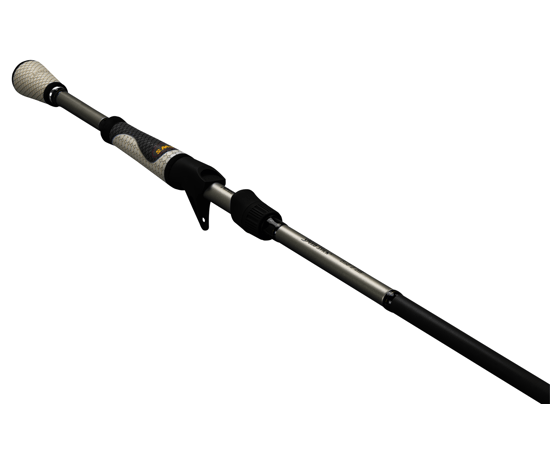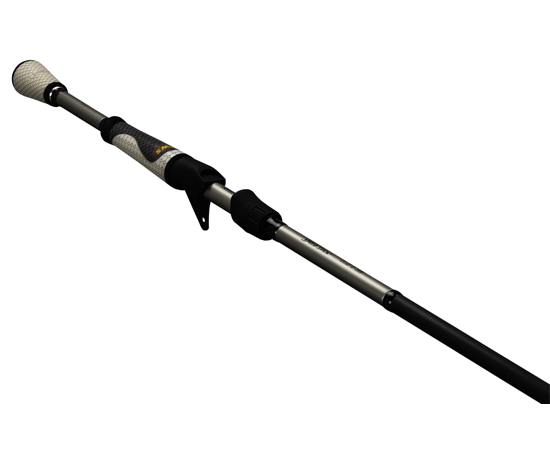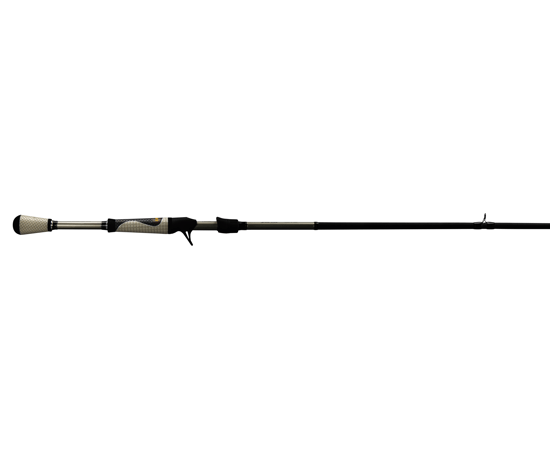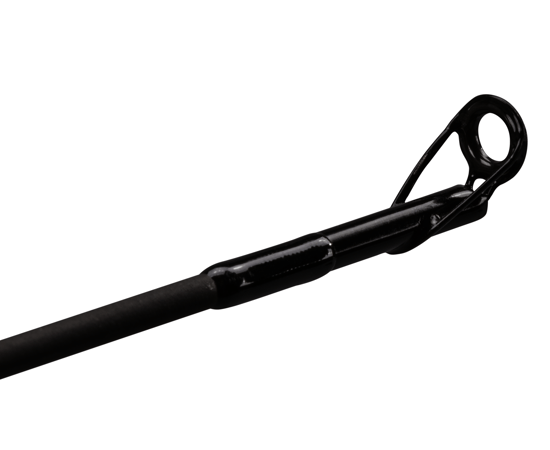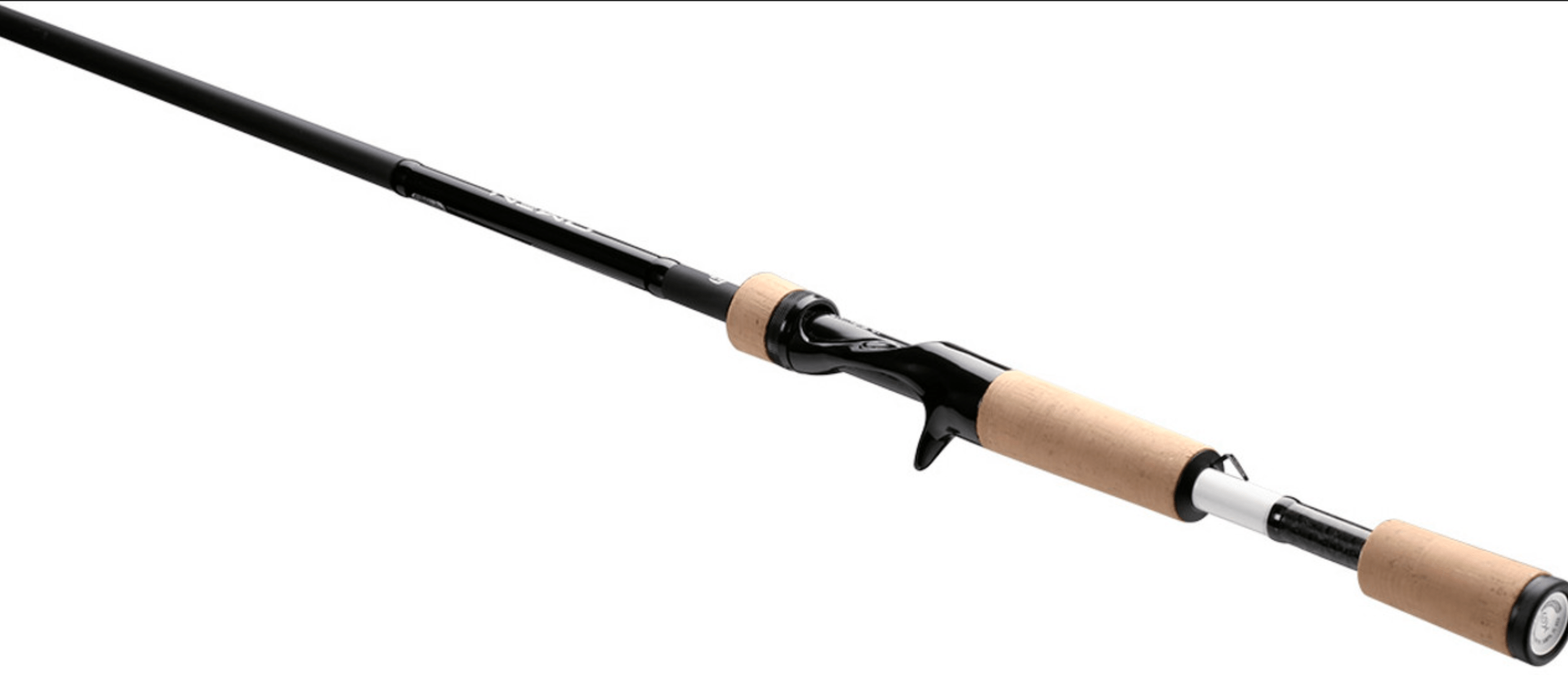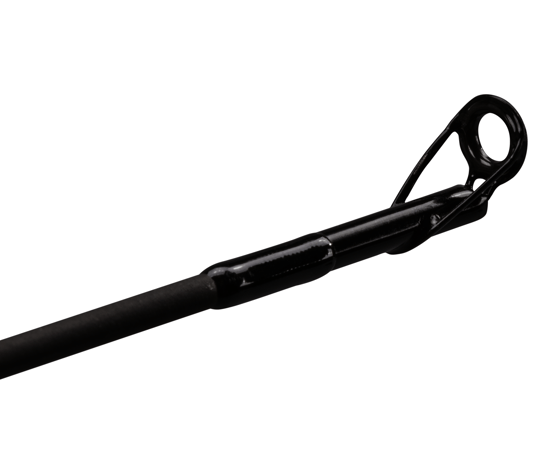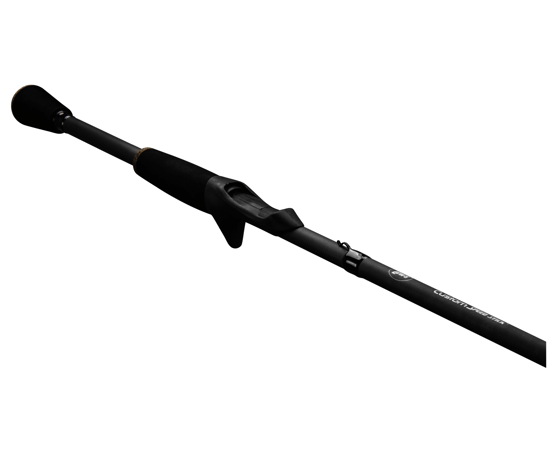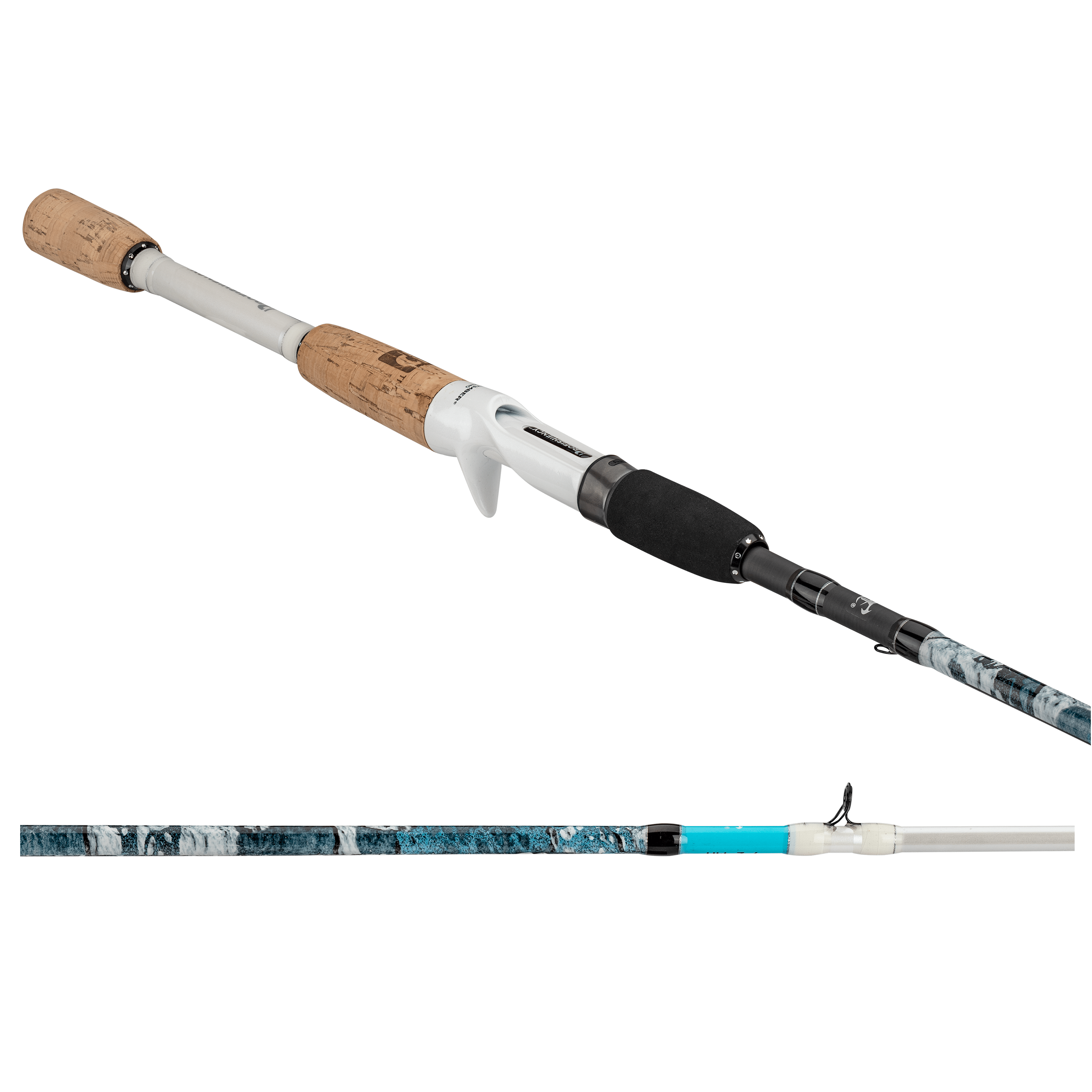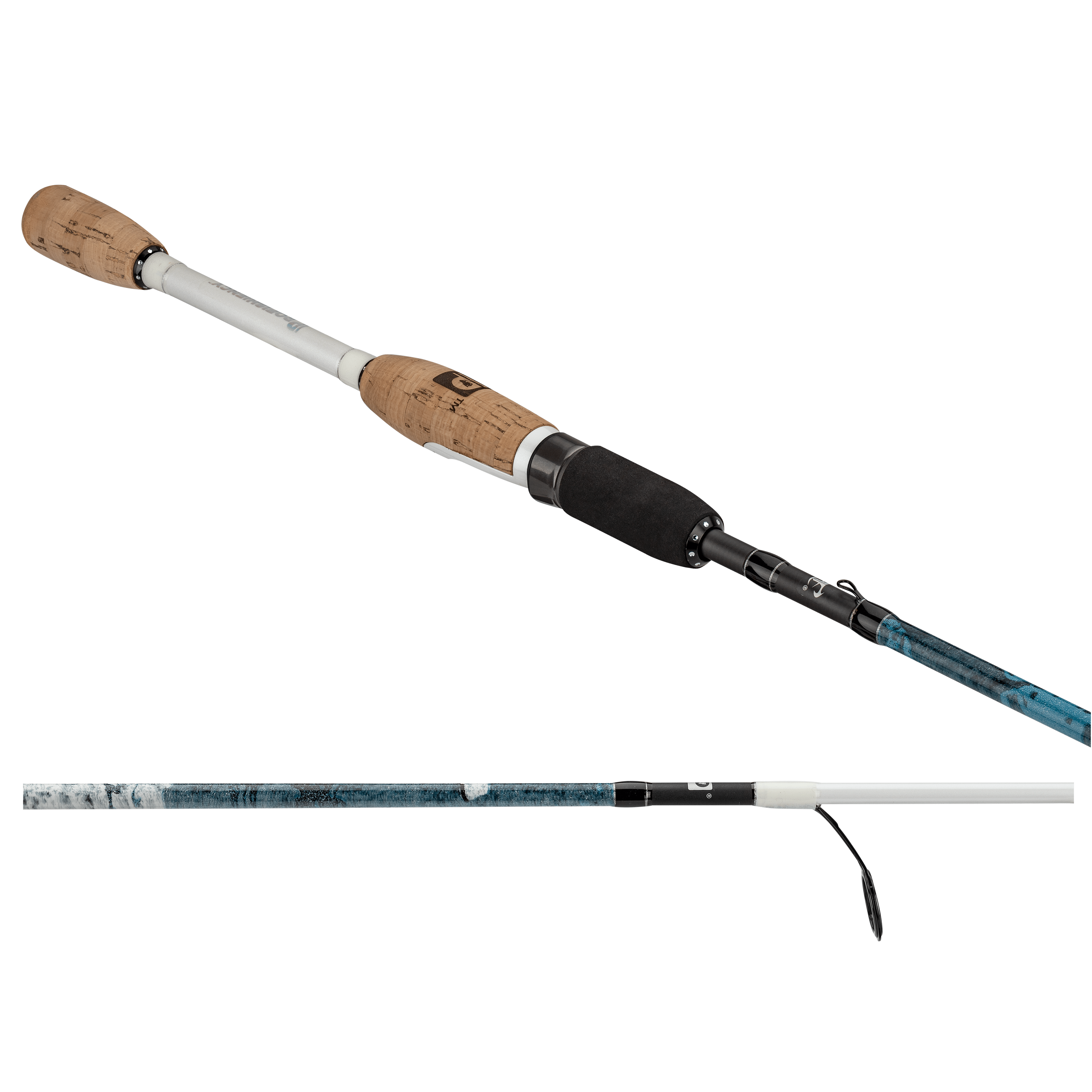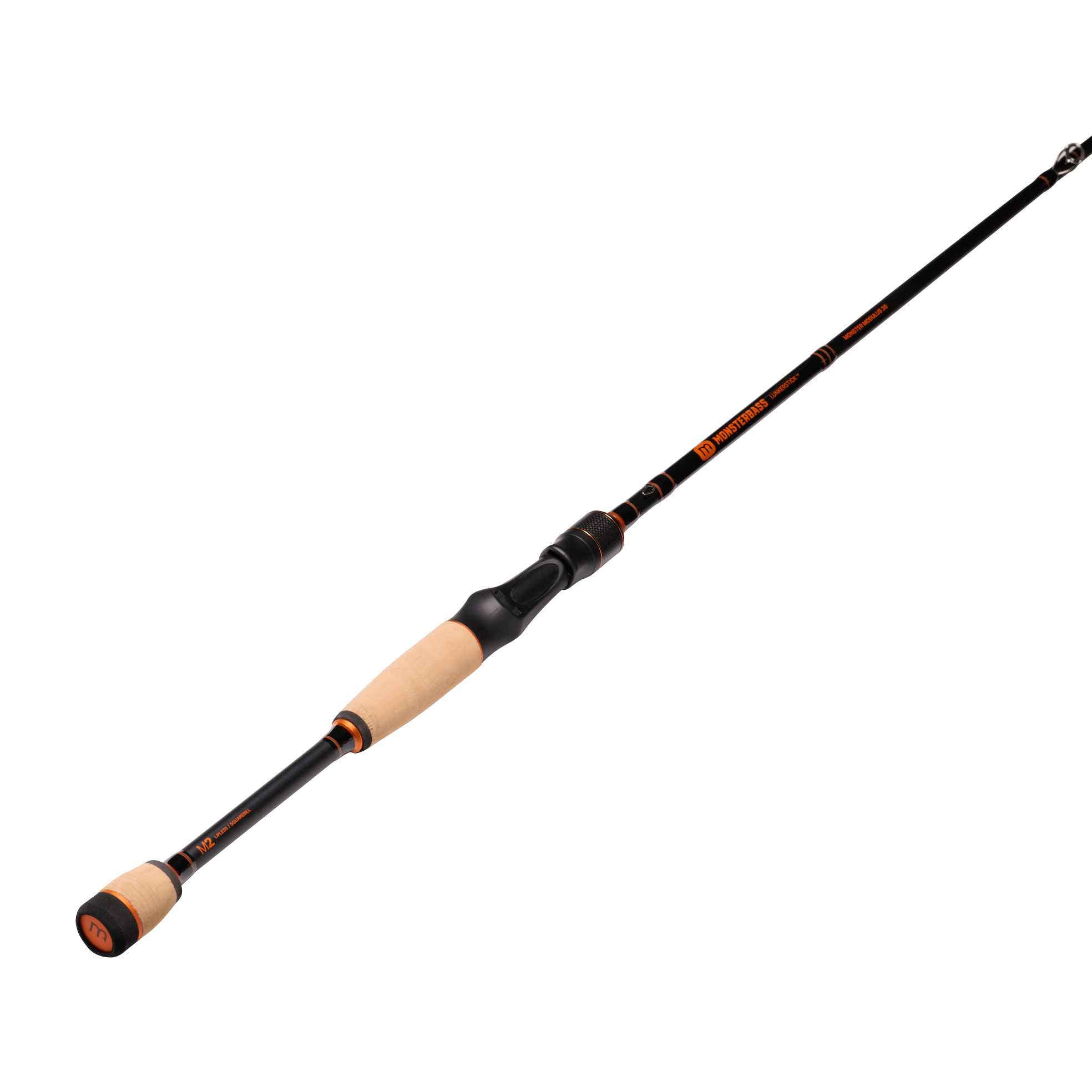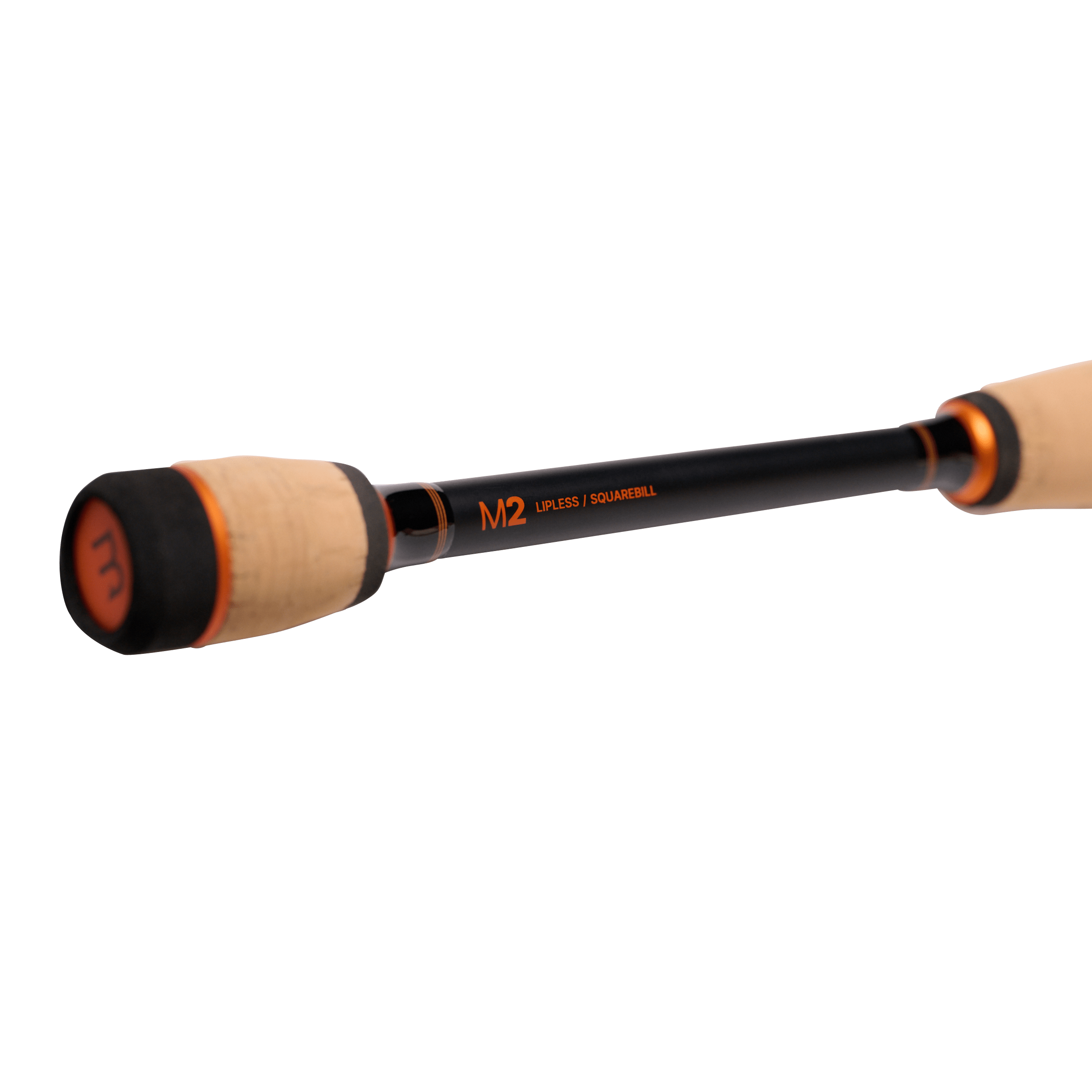The choice between a baitcasting reel and a spinning reel for bass fishing depends on various factors, including your personal preference, fishing style, and skill level. Both types of reels have their advantages and disadvantages, and what’s “better” can vary from one angler to another. Here’s a breakdown of each type to help you decide which might be more suitable for your bass fishing needs:
Baitcasting Reel:
- Accuracy and Control: Baitcasting reels offer excellent accuracy and control, making them ideal for precise casting. Skilled anglers often prefer baitcasters for techniques like flipping, pitching, and casting into tight cover.
- Power and Line Capacity: Baitcasters typically have higher line capacity and are better suited for handling heavy lines and lures. This makes them suitable for targeting larger bass or fishing in heavy cover.
- Versatility: Baitcasters can handle a wide range of lures and techniques, from heavy jigs and swimbaits to crankbaits and spinnerbaits.
- Learning Curve: Baitcasting reels have a steeper learning curve, and they can be more challenging to use for beginners. Backlashes (bird’s nests) are common when learning to cast with a baitcaster.
- Price: High-quality baitcasting reels can be more expensive than spinning reels.
Spinning Reel:
- Ease of Use: Spinning reels are generally easier to use, making them a good choice for beginners. They have fewer issues with backlashes, so you can focus on fishing rather than managing your reel.
- Versatility: Spinning reels can handle a wide range of lures and techniques, especially finesse techniques like drop-shotting, wacky worming, and light line applications.
- Casting Light Lures: Spinning reels are more effective when casting light lures and finesse baits due to their ability to handle lighter lines with ease.
- Line Management: Spinning reels are excellent for managing line twist and are less prone to line memory issues, which can be crucial when using lighter lines.
In summary, if you’re an experienced angler looking for precision and control, especially when using heavier lures or targeting larger bass, a baitcasting reel might be your preference. However, if you’re a beginner or prefer finesse techniques, or if you’re using lighter lures, a spinning reel can be more suitable.
Ultimately, the “better” choice depends on your skill level, fishing style, and personal preference. Many anglers have both types of reels in their arsenal to cover a wide range of fishing situations. It’s a good idea to try both types and see which one feels more comfortable for you.
Choosing a quality fishing reel over a cheap one can make a significant difference in your fishing experience and long-term satisfaction. Here are some reasons why investing in a quality fishing reel is often a better choice:
-
Durability and Longevity:
- Quality reels are typically made from better materials and are built to withstand the rigors of fishing. They can endure exposure to saltwater, UV rays, and other harsh conditions, which cheap reels may not handle well. This means your investment will last longer and require fewer replacements.
-
Smoother Operation:
- Quality reels often have superior engineering, which results in smoother and more precise operation. This smoothness can make a substantial difference in how you cast and retrieve your line, as well as how you feel the fish’s movements. A smoother reel helps reduce fatigue during long days of fishing.
-
Improved Casting:
- Quality reels often have advanced casting systems, like better line management and adjustable braking systems. These features can help you cast further and more accurately, increasing your chances of reaching fish in distant or challenging spots.
-
Better Drag Systems:
- A quality reel typically has a more robust and reliable drag system. This is crucial when you’re fighting a fish because it allows you to apply consistent pressure on the fish without risking a line break or losing the catch. Cheap reels may have unreliable or weak drag systems.
-
Reduced Maintenance:
- Quality reels are designed with precision and durability in mind, which often means they require less maintenance. Cheap reels may need frequent servicing or replacement parts, which can add up in the long run.
-
Handling Different Species and Conditions:
- If you’re serious about fishing and plan to target various species or fish in different environments (e.g., freshwater, saltwater, bass, trout, salmon), a quality reel can adapt better to different situations. Cheap reels may struggle to perform well in various conditions.
-
Warranty and Customer Support:
- Many quality reels come with warranties and reliable customer support. If you encounter any issues with your reel, you’re more likely to get assistance or a replacement from the manufacturer, ensuring that your investment is protected.
In summary, while quality fishing reels may have a higher upfront cost, they offer numerous advantages in terms of performance, durability, and overall fishing experience. For serious anglers or those who plan to fish regularly, investing in a quality reel is usually a smart choice that can pay off in the long term.
Checkout the full Daiwa line up, the have a setup to fit just about any budget.
You can follow us here
Instagram https://www.instagram.com/bass_365/
Facebook https://www.facebook.com/365bass/
Keep up to date with everything going on in the fishing world http://bass365.com/
Download the BASS 365 LIVE app for free!




